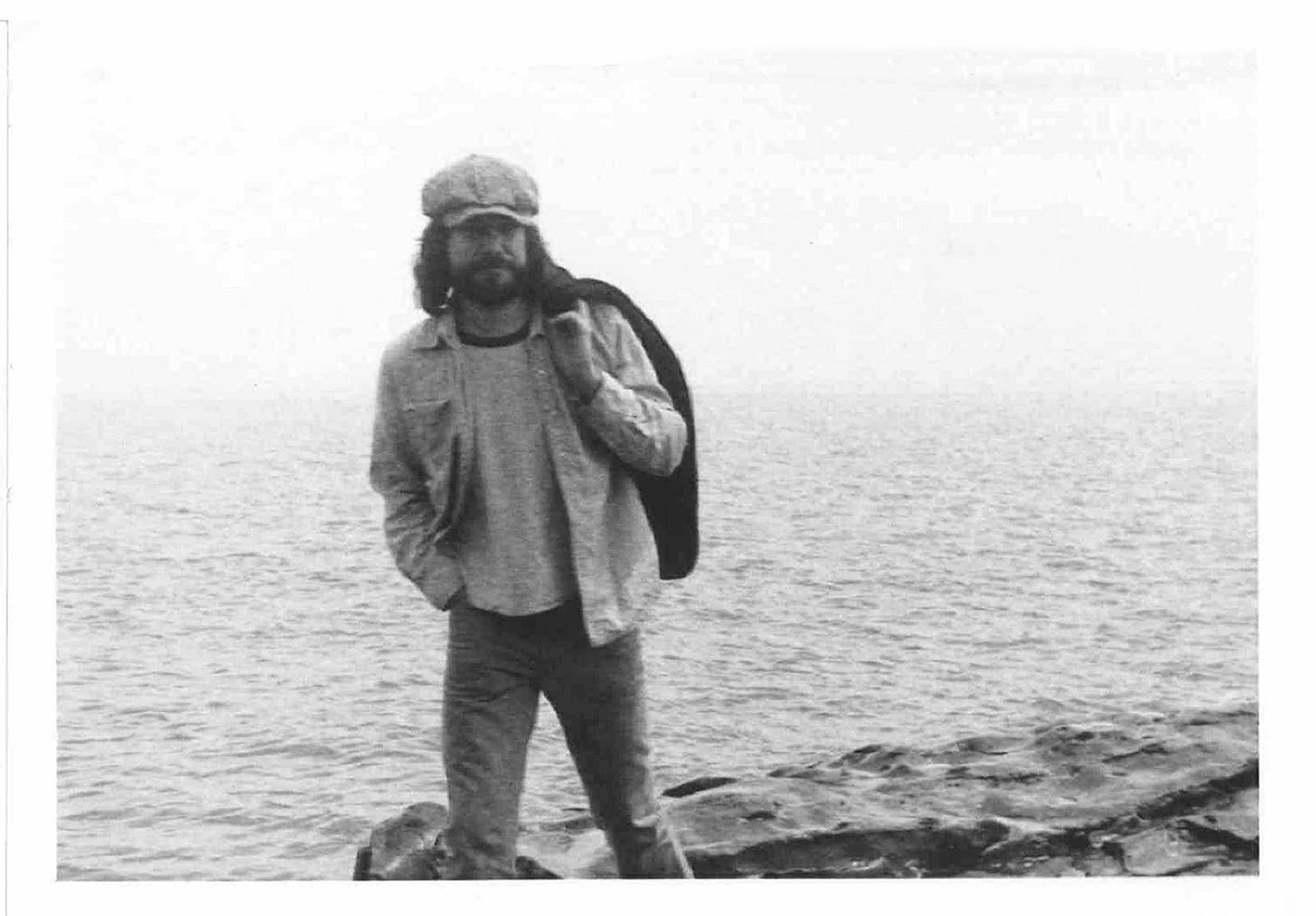It’s no secret that the music industry can be rough and increasingly so. It is more and more difficult for indie artists to make a decent income and to find audiences amongst a never-ending digital landscape. On top of that, being a musician whose most prolific era was over 30 or 40 years ago and who largely went unnoticed makes it all the more challenging. This is the story for many Light in the Attic artists.
Finding my way to managing sync licensing at LITA felt like a very fateful opportunity. I had stumbled into the sync world about a decade ago after a brief and unsustainable stint in music journalism. Without knowing much about this niche corner of the industry, I figured it would be a learning experience at the very least but, more optimistically, a way to help artists connect with new listeners and for them to hopefully make some money.
LITA was the label of some of my favorite artists including Karen Dalton, Betty Davis, Donnie & Joe Emerson, Jim Sullivan, and many more. This was the label for the unknown and the underappreciated artists with music to be heard and stories to be told. Many of them had never experienced a sync placement before let alone recognition for songs that were often multiple decades old. After just a short amount of time working with the catalog, however, it was clear that sync licensing can make a tangible difference on an artist’s career.
Barry Thomas Goldberg (professionally known as Goldberg) was one of those artists. Only 23 years old when he recorded his 1974 solo album, Misty Flats, his music mostly went unheard for over a generation. To that point, I didn’t know who he was until I started working at LITA, but I immediately felt something special the first time I listened to his music. His songs are earnest, heartbreaking, sometimes a bit cheeky, but always hopeful. He wrote poignantly about topics like death and war in the early 70s as if his words were quiet arrows to the heart. His voice has a relatable ache and a curious playfulness. In Misty Flats, there’s a palpable weight and urgency within the simplicity and sparseness of the recordings. In later songs, he brought his visions to life with the help of full bands and a chameleon-like talent to experiment with the various genre evolutions of the 70s and 80s.
It’s for these reasons that I always believed his catalog was fitting for film and television, so I pitched it far and wide—and fervently. And to Goldberg’s surprise, year after year, licensing requests came in for him, to which he always responded with immense kindness and excitement. We grew to have a sweet mutual trust, and his genuine enthusiasm made me smile every time he gave approval for the use of a song.
To name a few, Goldberg’s music (spanning multiple albums from the 70s-80s) has been used in productions like Ishana Night Shyamalan’s The Watchers, National Geographic’s Wild Life, NCIS: Los Angeles (CBS), Firefly Lane (Netflix), Physical (Apple), Narcos (Netflix), For All Mankind (Apple), Clarice (CBS), Good Girls (NBC), and The Deuce (HBO). For many artists, landing just one or two placements is a big deal—because it is. Especially considering how much music is available these days.
Barry Thomas Goldberg passed away on September 28th, 2024. When I found out, I immediately put on his song, “Golden Sun,” and wept. Seeing the increased recognition for artists like him, the openness of the music supervision community to embrace such artists, and, very importantly, money going into artists’ pockets is the greatest privilege of this job. I often think about the following note Goldberg wrote in a brief email a few years ago which continues to remind me of why I am doing this work:
“You and LITA rescued me from obscurity. I am so very grateful.”
Those words are etched in my heart forever. I will never forget him, and I will never forget his music. I am so very grateful for Goldberg.






Danielle as always, you grab the reader and hold them close.